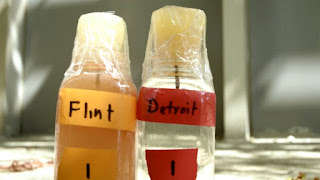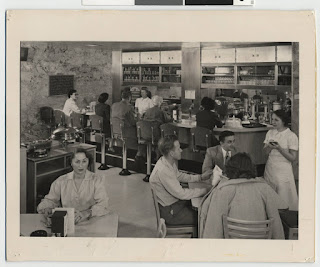General Chemistry 1 Section 1.3a: A Closer Look at The Scientific Method
One thing to know about Chemistry -- and all of science -- is that unless one group of scientists are intentionally trying to experimentally confirm the results of a specific experiment done by another group of scientists, no two scientists typically approach the same question the same way. Even as this may be the case, all scientists are using the same general scientific method. The scientific method is the backbone of all scientific experiments and gathering of all scientific knowledge. In very much the same way all humans look pretty similar (but not exactly the same), the scientific method makes it so the experiments that two different scientists perform on the same concept with look similar, but not exactly the same. When we run an experiment, we start by collecting information. How do things change if I slowly change this parameter only? How about if I change that parameter only? Now that I have the previous two questions answered, now let...


